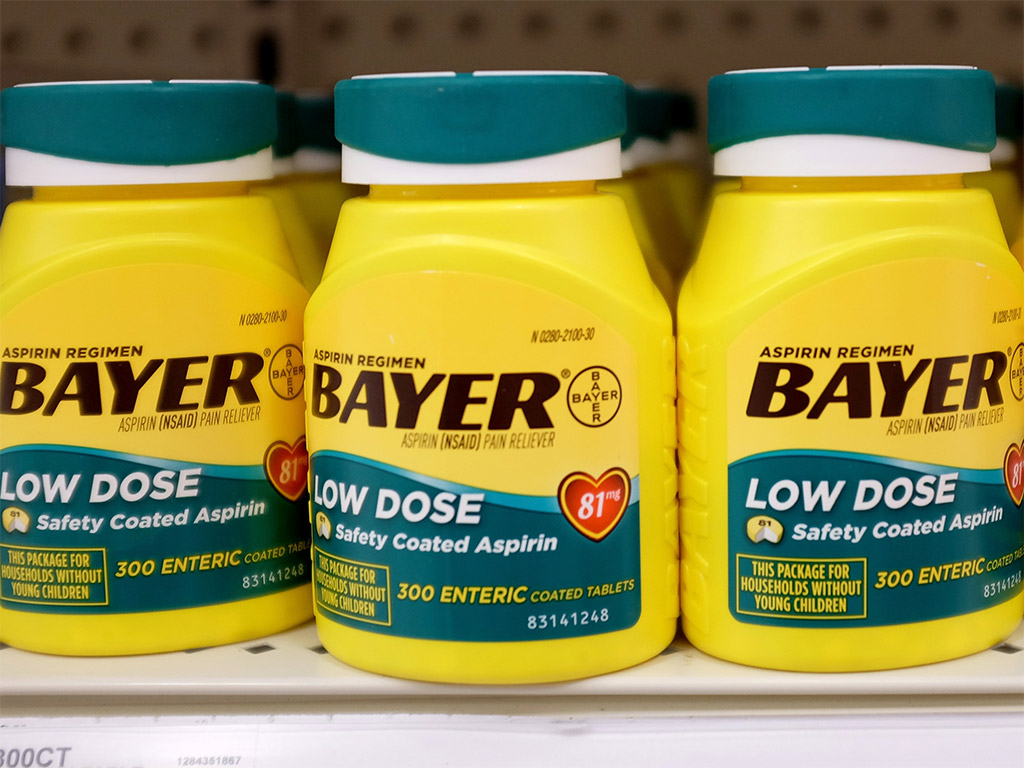German pharma giant Bayer buys Merck consumer unit for $14.2bn
Bayer and Merck, two of the world’s biggest drug makers, have agreed to a deal that will see Bayer taker over Merck’s billion-dollar consumer business

German pharmaceutical firm Bayer is to buy US rival Merck's consumer care unit for $14.2bn. The deal will see Bayer gain control of famous brands including Claritin, Coppertone and Dr Scholl's
German pharmaceutical firm Bayer has agreed to acquire US rival Merck’s consumer care business for in a deal that will make Bayer one of the largest providers of over-the-counter products.
For a purchase price of $14.2bn Bayer gains control of well-known brands such as Claritin, Coppertone and Dr Scholl’s, as well as the sales of Claritin and Afrin in countries where they are prescription drugs.
Merck…will make an upfront payment of $1bn, as well as additional payments of up to $1.1bn depending on sales
Bayer also entered into a co-development and commercialisation agreement with Merck related to the treatment of cardiovascular diseases. Merck, which has been eager to step up its product innovation in order to boost revenues, will make an upfront payment of $1bn, as well as additional payments of up to $1.1bn depending on sales.
“The sale of our consumer care business is part of our efforts to ensure that assets within our portfolio align with our core strategy, have industry-leading potential and generate long-term shareholder value,” said Merck’s CEO and Chairman, Kenneth C Frazier, in a statement.
It is estimated that if the consumer care businesses of the two companies had been combined last year, the revenue would have been €5.5bn or about $7.6bn.
Bayer’s Chief Executive, Marijn E. Dekkers, told The New York Times that he jumped at the chance to buy Merck’s consumer portfolio in order to enlarge Bayer’s significant consumer products line.
Dekkers added that the deal would allow for global expansion of some of Merck’s most popular products, of which 70 percent are currently sold in the US.
“Bayer has a much more global presence, particularly in Europe and in emerging countries,” he said. “Our intention is to take some of these very good Merck brands and really aggressively promote them in other geographies.”
The deal is the latest in a series of major transactions in the pharmaceutical industry. Last month, the Swiss pharmaceutical giant Novartis and Britain’s GlaxoSmithKline swapped more than $20bn in assets, including combining their consumer drug businesses.
What’s more, Pfizer, the maker of best-selling drugs like Lipitor and Viagra, continues to pursue AstraZeneca despite the rejection of its $100bn offer last week.
The Bayer-Merck deal is subject to regulatory approval and is expected to close in the second half of 2014.













